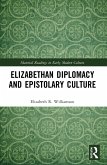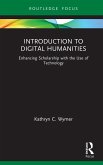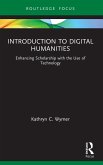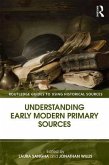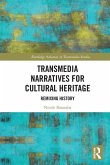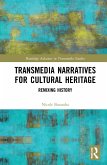A new account of Elizabethan diplomacy with an original archival foundation, this book examines the world of letters underlying diplomacy and political administration by exploring a material text never before studied in its own right: the diplomatic letter-book.
Author Elizabeth R. Williamson argues that a new focus on the central activity of information gathering allows us to situate diplomacy in its natural context as one of several intertwined areas of crown service, and as one of the several sites of production of political information under Elizabeth I. Close attention to the material features of these letter-books elucidates the environment in which they were produced, copied, and kept, and exposes the shared skills and practices of diplomatic activity, domestic governance, and early modern archiving. This archaeological exploration of epistolary and archival culture establishes a métier of state actor that participates in - even defines - a notably early modern growth in administration and information management. Extending this discussion to our own conditions of access, a new parallel is drawn across two ages of information obsession as Williamson argues that the digital has a natural place in this textual history that we can no longer ignore.
This study makes significant contributions to epistolary culture, diplomatic history, and early modern studies more widely, by showing that understanding Elizabethan diplomacy takes us far beyond any single ambassador or agent defined as such: it is a way into an entire administrative landscape and political culture.
Author Elizabeth R. Williamson argues that a new focus on the central activity of information gathering allows us to situate diplomacy in its natural context as one of several intertwined areas of crown service, and as one of the several sites of production of political information under Elizabeth I. Close attention to the material features of these letter-books elucidates the environment in which they were produced, copied, and kept, and exposes the shared skills and practices of diplomatic activity, domestic governance, and early modern archiving. This archaeological exploration of epistolary and archival culture establishes a métier of state actor that participates in - even defines - a notably early modern growth in administration and information management. Extending this discussion to our own conditions of access, a new parallel is drawn across two ages of information obsession as Williamson argues that the digital has a natural place in this textual history that we can no longer ignore.
This study makes significant contributions to epistolary culture, diplomatic history, and early modern studies more widely, by showing that understanding Elizabethan diplomacy takes us far beyond any single ambassador or agent defined as such: it is a way into an entire administrative landscape and political culture.

